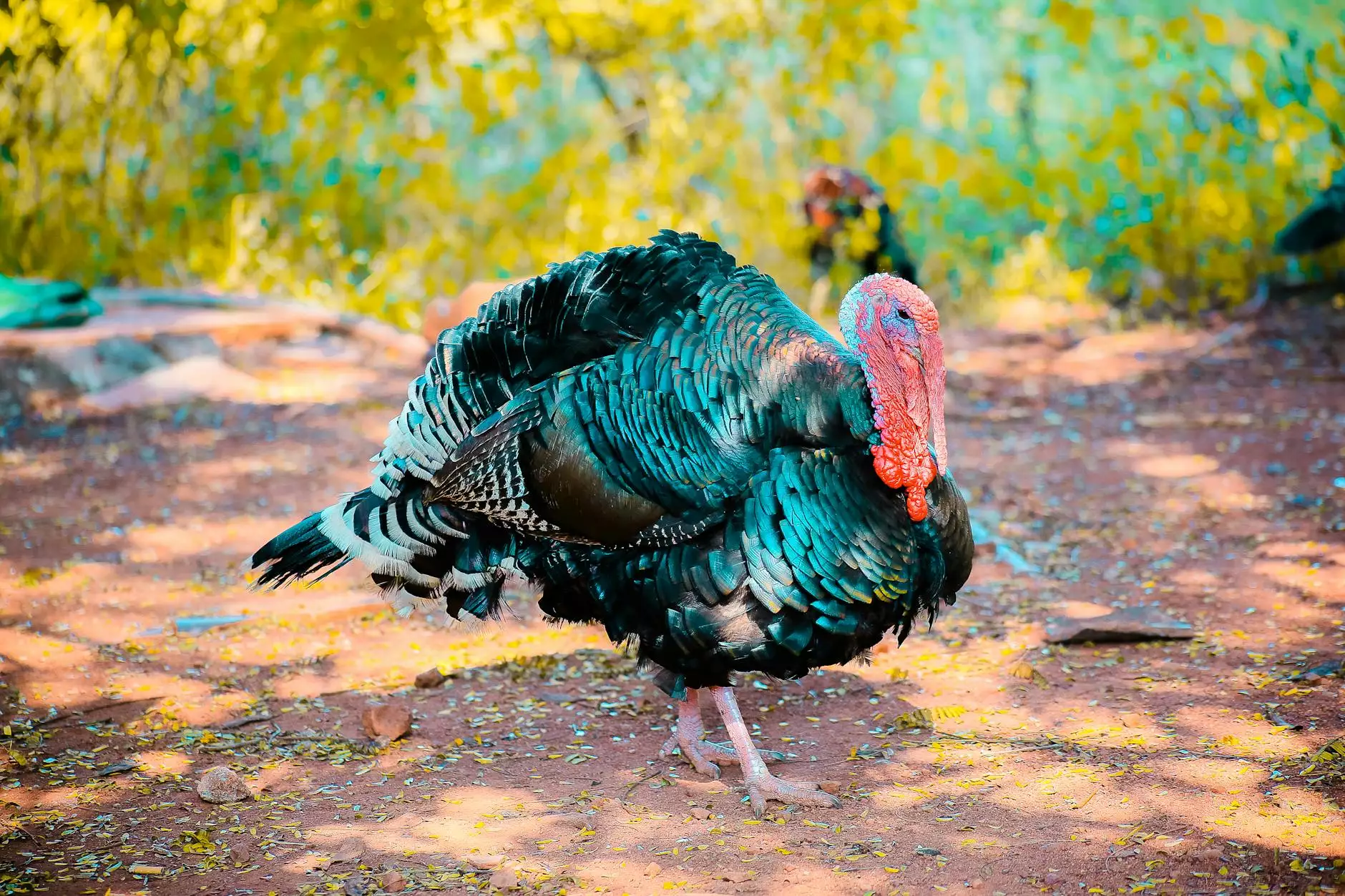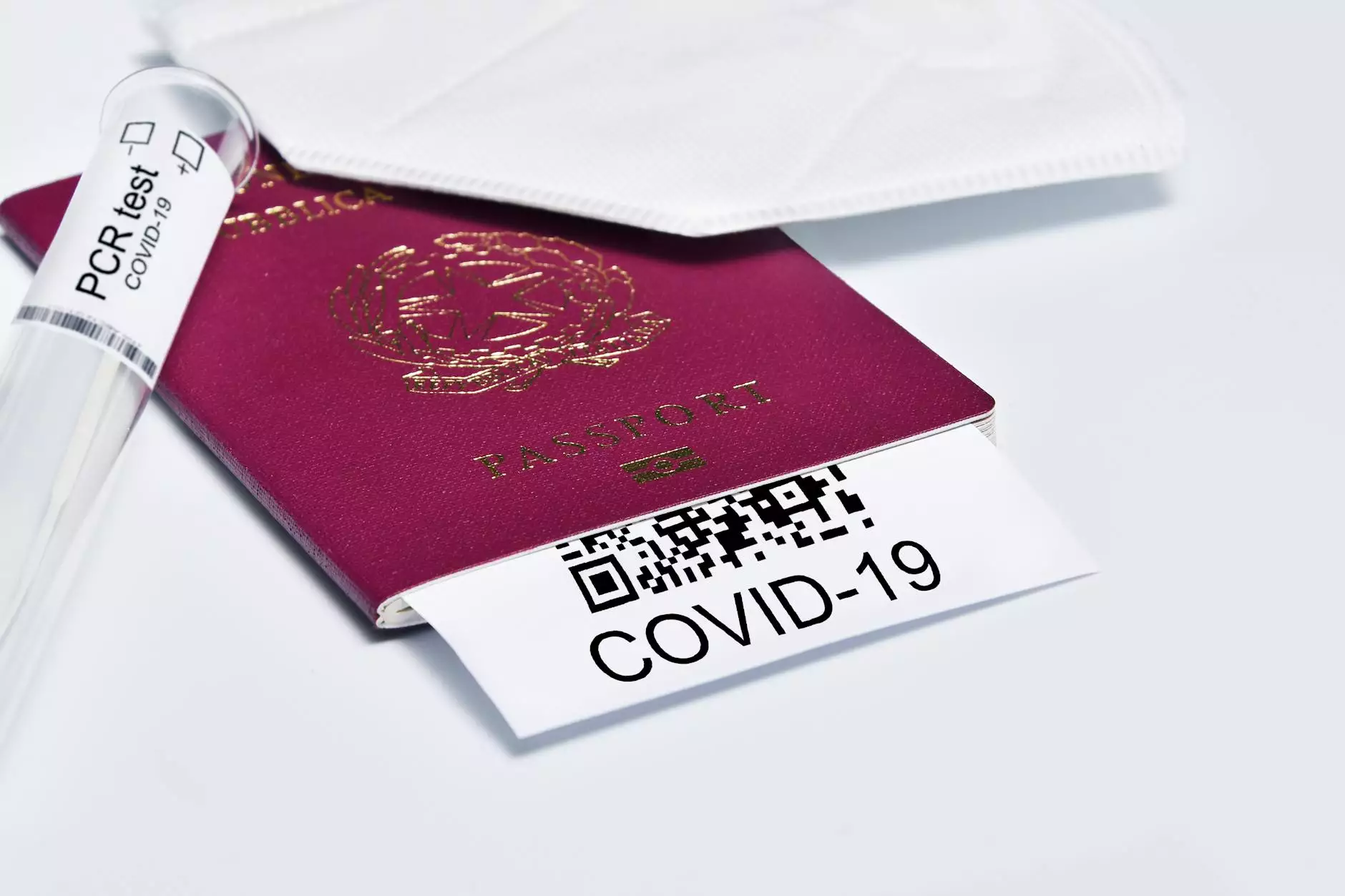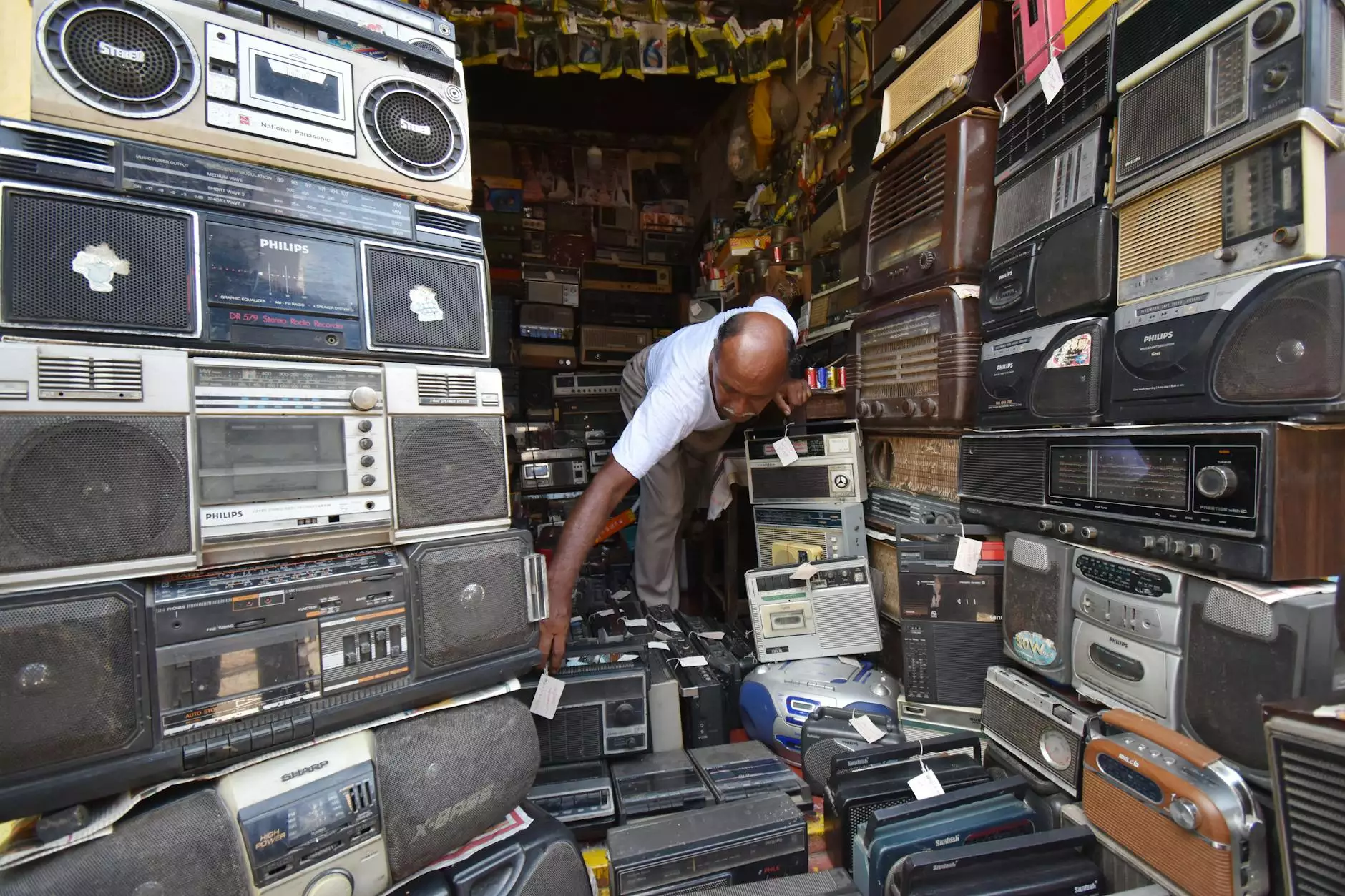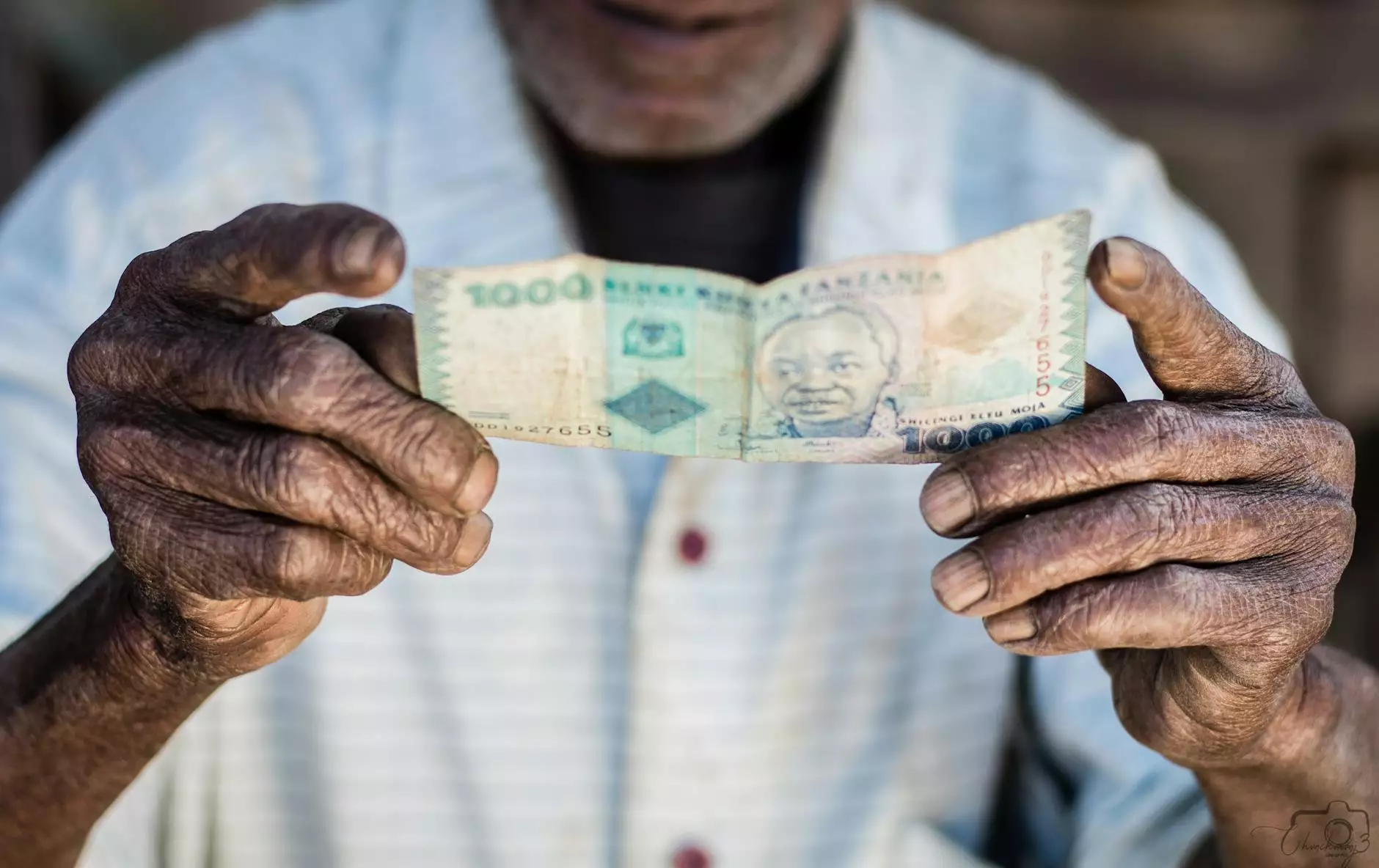Halal Chicken Brazil: The Best Choice for Quality Poultry

In recent years, the demand for halal chicken in the global market has seen significant growth. Brazil, as one of the largest producers and exporters of poultry, has become a key player in fulfilling this demand. Understanding the implications of halal chicken Brazil is critical for both consumers and businesses looking to enter this thriving sector.
Understanding Halal: A Brief Overview
The term halal, which means "permissible" in Arabic, refers to what is allowed under Islamic law. This concept extends beyond food to encompass all areas of life. In the context of chicken and meat processing, halal signifies that the animals have been raised, processed, and slaughtered in accordance with specific Islamic guidelines. This involves humane treatment of animals and using proper methods for slaughtering to ensure the meat is considered pure and fit for consumption.
Brazil: A Hub for Halal Chicken Production
Brazil has long been recognized as a powerhouse in the poultry industry, boasting a robust infrastructure and favorable climatic conditions for chicken farming. The country's ability to produce high volumes of chicken makes it an appealing destination for importing halal chicken. Notably, Brazilian producers have embraced halal certification to tap into specific markets, primarily in the Middle East and North Africa, where halal compliance is critical.
Key Features of Brazilian Halal Chicken
- High Quality Standards: Brazilian poultry exporters adhere to strict international quality standards, ensuring that products not only meet halal requirements but also pass rigorous health inspections.
- Diverse Product Range: From fresh whole chickens to boneless cuts and processed items, Brazilian suppliers offer an extensive range of halal chicken products.
- Competitive Pricing: Due to its efficient supply chain and large-scale production, Brazil's halal chicken is often more competitively priced compared to other countries.
- Sustainable Farming Practices: Many Brazilian farms implement sustainable practices, ensuring that chickens are raised in humane conditions, which adds to the appeal of halal chicken further.
Frozen Chicken Group: Your Reliable Partner in Halal Poultry
When it comes to sourcing halal chicken from Brazil, Frozen Chicken Group stands out as a leading provider. With a commitment to quality, integrity, and customer satisfaction, they have established themselves as a reputable name in the poultry market.
Why Choose Frozen Chicken Group?
Choosing Frozen Chicken Group for your halal chicken needs provides several advantages:
1. Comprehensive Export Services
The company specializes in brazilian poultry exporters, offering seamless single-window services that cover everything from procurement to export and logistics management.
2. Quality Assurance
Every product that leaves their facilities undergoes strict quality checks to meet international halal and safety standards. Transparency in supply chain practices ensures that all stakeholders are informed about the processes involved.
3. Custom Solutions
Frozen Chicken Group understands that different clients have unique needs. Whether you are a small restaurant or a large food distributor, they provide customized solutions to cater to various demands.
4. Strong Market Presence
With decades of experience in the industry, Frozen Chicken Group has developed extensive ties with key players in the market, allowing them to leverage partnerships to benefit their clients.
The Growing Demand for Halal Chicken
The global demand for halal chicken continues to rise, spurred by population growth and increasing awareness of halal dietary regulations. In particular, the Middle East and European markets are witnessing an unprecedented increase in consumption, creating lucrative opportunities for Brazilian exporters.
Market Insights
According to recent studies, the halal food market is projected to reach over USD 1 trillion in the coming years. This indicates a significant appetite for halal products globally, especially for chicken, which remains the most consumed meat worldwide. As a result, businesses looking to expand their portfolio must consider integrating halal products.
Benefits of Halal Certification
For exporters and businesses, obtaining halal certification opens new avenues in the market:
- Access to a Broader Customer Base: Businesses can tap into the vast population of Muslims who prefer halal products, thus widening their customer reach.
- Enhanced Credibility: Halal certification enhances the credibility of a business and its products, making them more appealing to discerning consumers.
- Compliance with Dietary Laws: It allows businesses to cater not just to Muslim consumers but also others who value ethical slaughtering methods.
The Role of Technology in Poultry Supply Chains
Technological advancements have revolutionized the poultry industry, enhancing efficiency and transparency in supply chains. From precision farming techniques that improve the health of flocks to advanced processing technologies that ensure quality retention, technology plays a pivotal role.
Key Technological Innovations
- Data Analytics: Data-driven decisions in animal husbandry and production schedules help maximize outputs and improve animal welfare.
- Blockchain: This technology enhances traceability, allowing consumers to track the origin of their halal chicken, thus ensuring they are receiving quality products.
- Automation: Automated processes in stocking, packaging, and logistics streamline operations and reduce human error.
Conclusion: The Future of Halal Chicken in Brazil
The landscape for halal chicken Brazil is bright, with immense potential for growth and expansion into new markets. As businesses increasingly recognize the advantages of halal certification and the growing demand for ethically produced foods, Brazil is strategically positioned to meet these needs. With trusted partners like Frozen Chicken Group leading the way, stakeholders in the poultry industry can expect sustainable growth and robust opportunities in the years to come.
In summary, the intersection of quality, compliance, and innovation shapes the future of halal chicken in Brazil. By aligning with trusted suppliers and embracing certification processes, businesses can fully capitalize on this burgeoning market.









